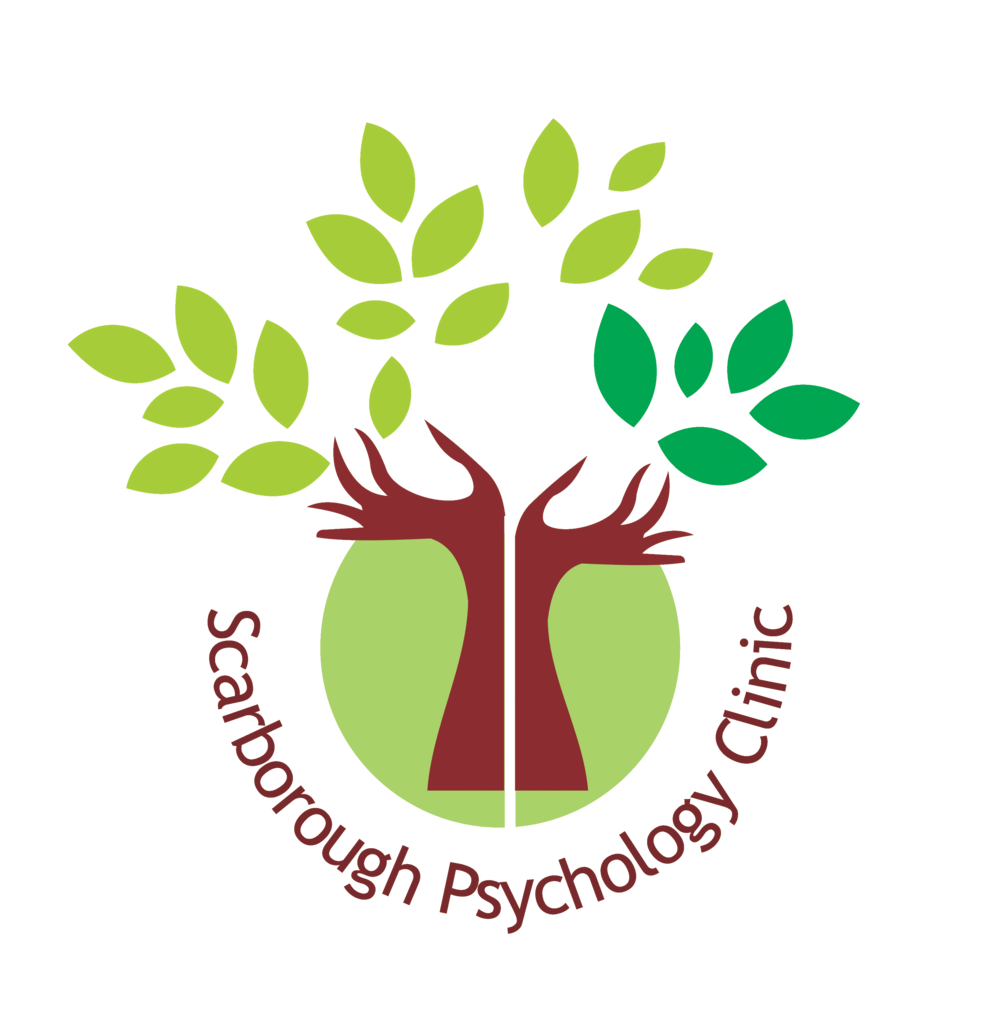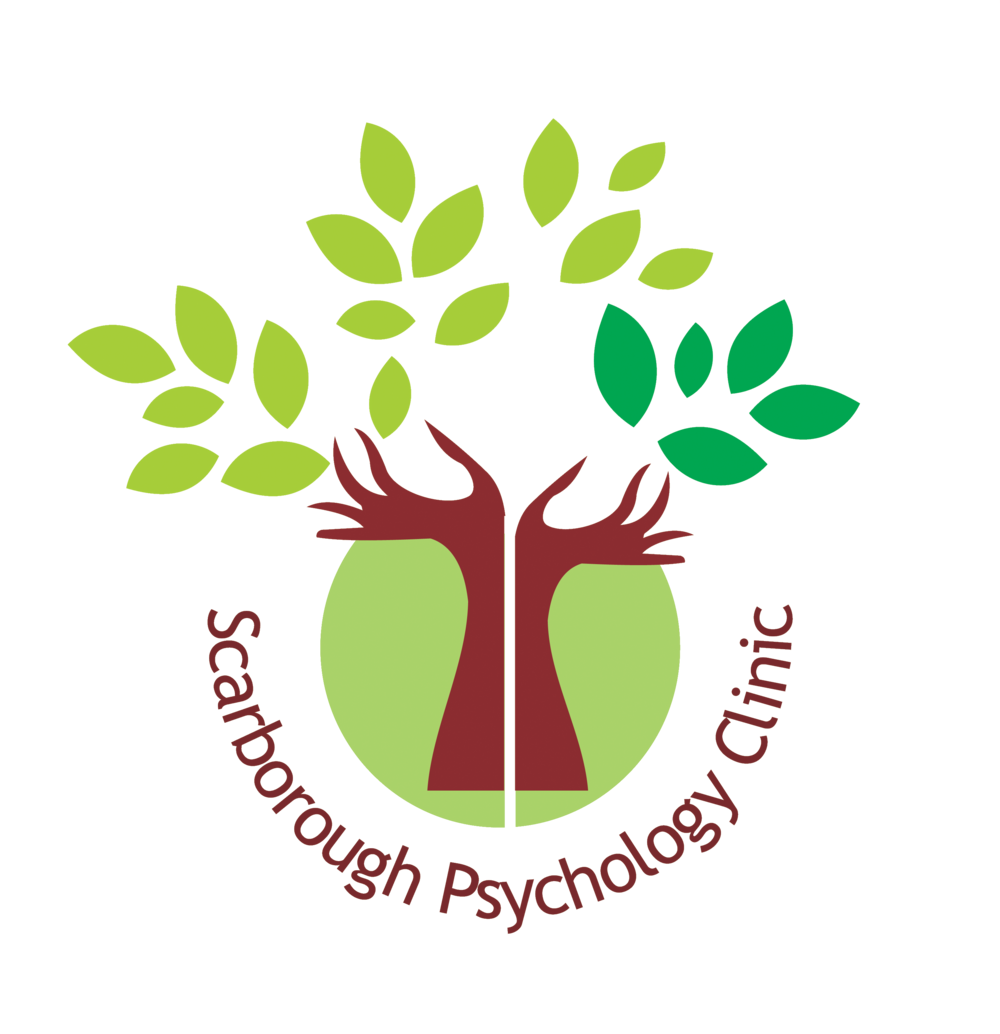“The night may seem long and restless,
but a peaceful night’s sleep awaits you soon.”

Do you struggle to fall asleep?
Do you wake up several times during your sleep?
Do you still feel tired and not fresh when you wake up?
Do you worry that not sleeping can ruin the following day?
Sleep is essential for us because it restores our body’s normal functioning. When we do not sleep well, we feel tired, and our memory and concentration decline. Sleep problems can include:
- difficulty initiating sleep
- difficulty maintaining sleep due to frequent awakenings
- problems with resuming sleep after waking up during the night
- early-morning awakenings with the inability to resume sleep
Living with insomnia is extremely stressful. Not being able to get restored deep sleep may adversely affect both physical and mental health, and it can even affect our daily routine. We may experience daytime sleepiness due to poor quality of sleep at nighttime.
We may take frequent naps during the day, which can disrupt our day-to-day tasks. Sleep disturbance can cause distress and impairment in social, occupational, educational, academic, and behavioral functioning. Sleep disorders can lead to the development of mental illnesses and substance use disorders.
Sleep disorders
They have also been associated with anxiety, depression, memory loss, agitation, cardiovascular disease, diabetes, arthritis, and obesity. Sleep-related disorders can be successfully treated with Cognitive Behaviour Therapy and mindfulness strategies.
With the therapist, we can explore ways to improve our sleep by understanding our sleep cycle and the role of the sleep drive. We can not only learn relaxation strategies but also learn ways to make changes in our behaviors and our environment to help improve our sleep.
At Scarborough Psychology Clinic, we provide effective treatments so that you can sleep faster, stay asleep and feel rested throughout the day. We use various modalities of therapy for treating insomnia. CBT-I, mindfulness exercises, clinical hypnosis, and relaxation exercises are the most common therapeutic strategies.
When insomnia is a comorbid condition of another mental health condition, we have to treat that condition too. Our therapy sessions will help to identify and replace thoughts and behaviors that have been causing sleep problems, and treatment will help to promote sound sleep.

